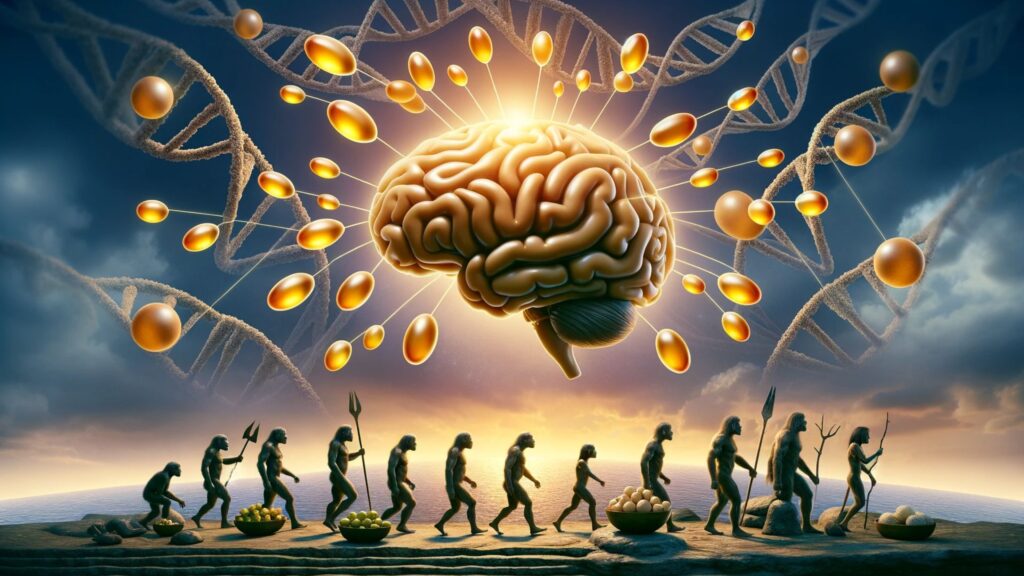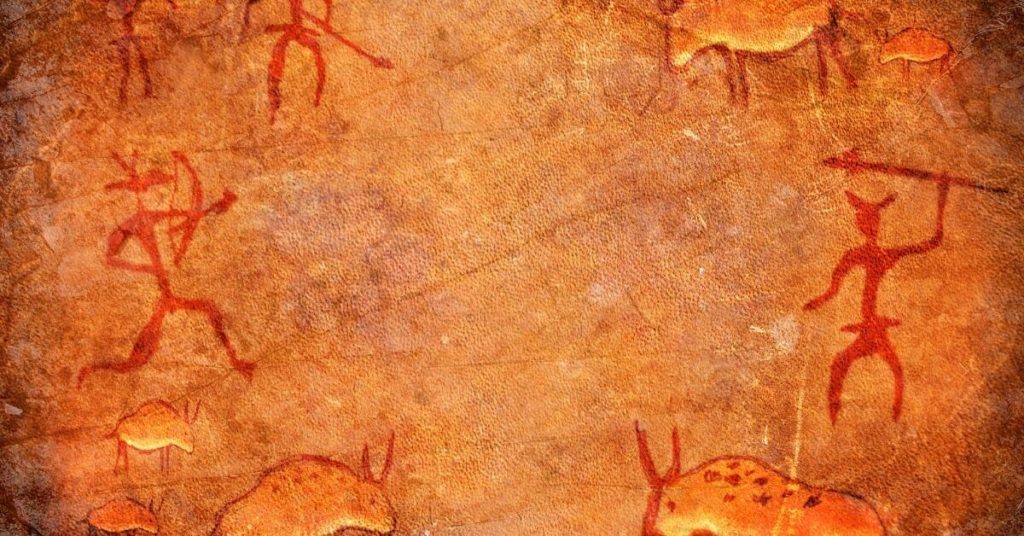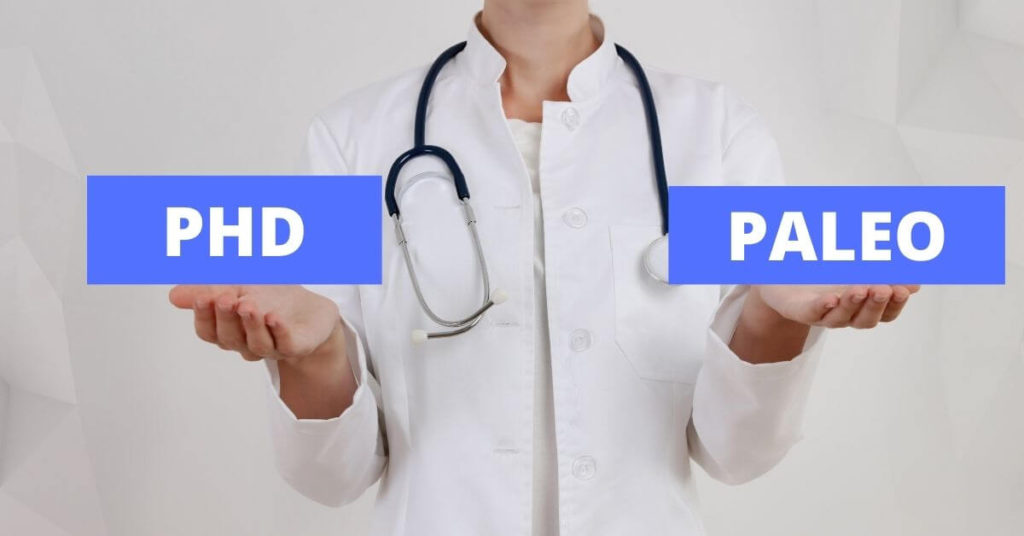Introduction
Unlock the mysteries of the human brain with our deep dive into why our most complex organ needs fat to function optimally.
Discover how our ancestors’ dietary habits might have fueled the evolution of our brains and why we continue to crave fat today.
Explore the fascinating journey of human evolution, the unique characteristics of our ‘fat-driven’ brain, and the intriguing concept of self-awareness.
This article also sheds light on the intriguing question: were our ancestors fat hunters? Join us as we delve into the scientific and evolutionary perspectives that explain why the proper human diet is crucial for our brain’s functionality.
If you’ve ever wondered why our brains are so big, why we started eating fat, or how our cognition has evolved, this article is a must-read.
Our “Expensive Brain”
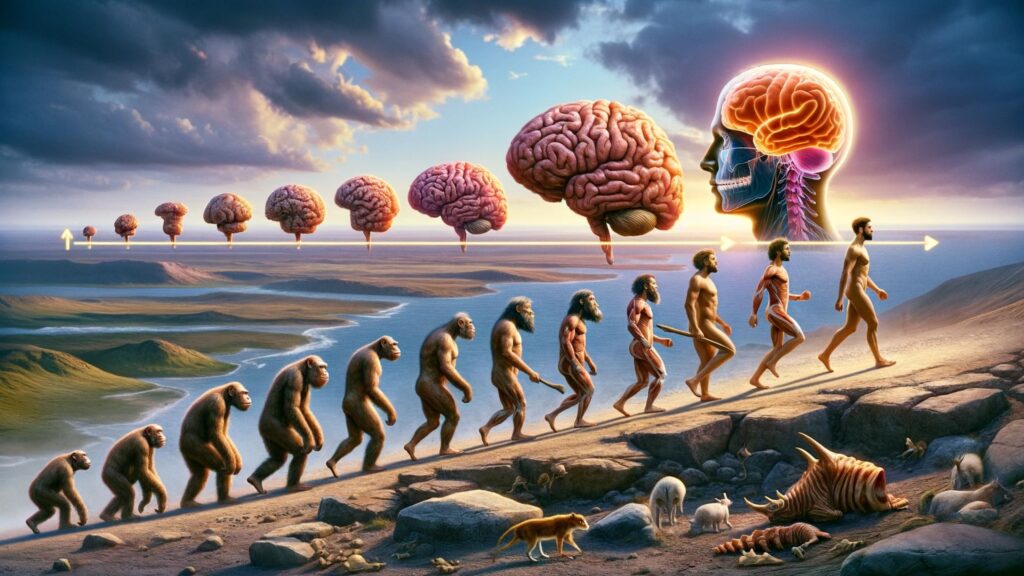
The brain is a very “expensive organ.” Although it takes up only two percent of our body weight, it requires around twenty percent of the body’s energy, even at rest.
And this percentage is much higher than what other primates allocate, including humans’ closest relatives, chimpanzees.
Over some 6 million years, the size of the human brain has increased by over 300 percent.
Do you think our brain is a unique fat-driven organ? I will dig into some evolutionary thoughts about the human brain in this article.
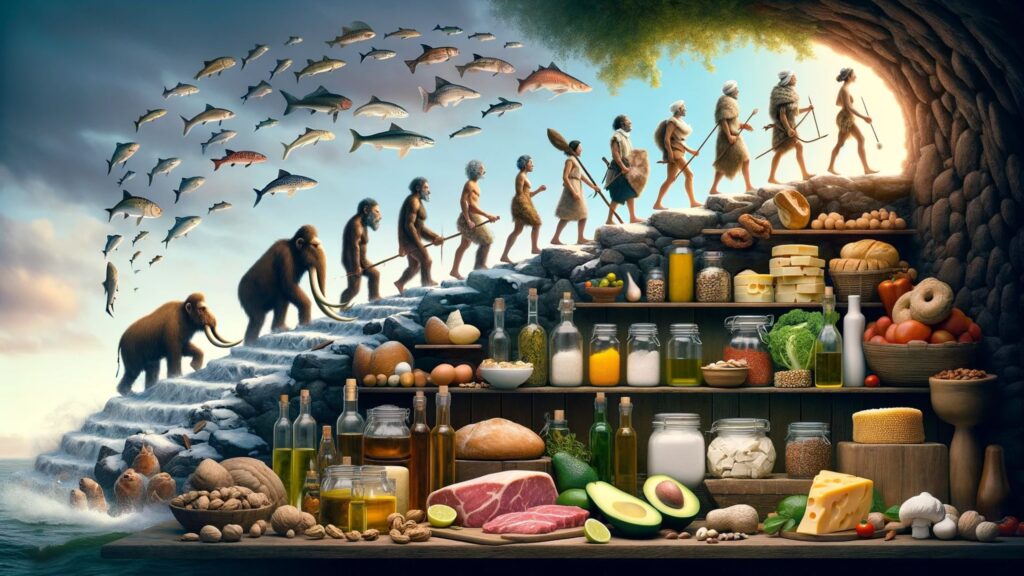
Our human brain consumes twenty percent of the body’s energy at rest. This is twice that of the brains of other primates, which are almost exclusively vegetarian.
So, it has been a mystery to scientists for a long time how our human ancestors could have met the calorie demands to develop and sustain our larger brains.
However, the evidence suggests that a craving for bone marrow could have fueled a growing brain size.
Before human ancestors started hunting large mammals for fatty meat, this rich diet gave them the nutrition to develop bigger brains.
Our early ancestors acquired a taste for fat by consuming marrow scavenged from the skeletal remains of large animals killed and eaten by other predators.
It might be critical in setting the stage for humans’ evolution.
When did humans start eating fat?
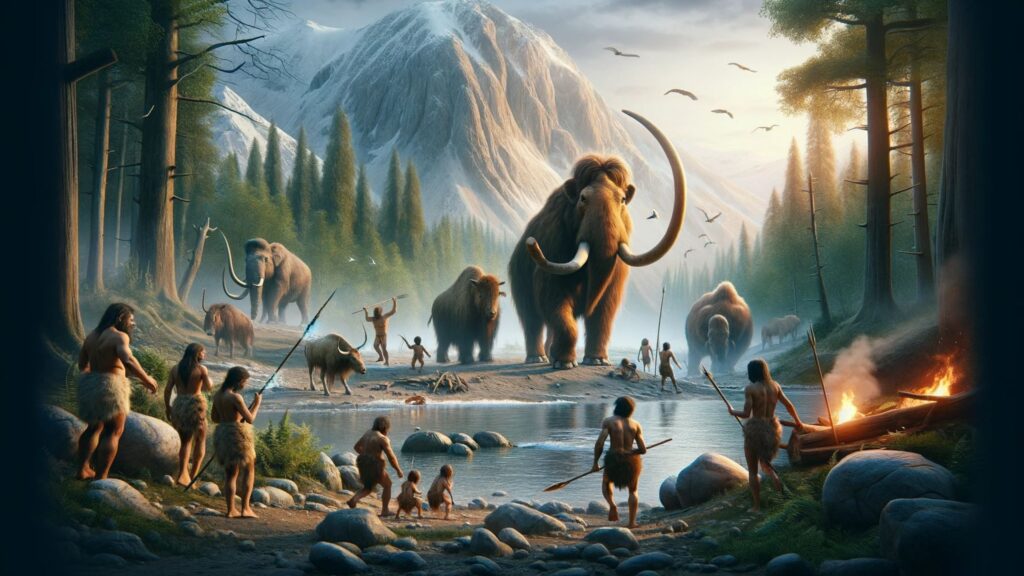
So, our ancestors likely began acquiring a taste for fat four million years ago, which might explain why we crave it today.
The fat reservoirs in carcasses’ bones were a huge calorie package.
That could have given our ancestral population the advantage it needed to set off the chain of human evolution.
In terms of how difficult it is to build, is it possible that the human brain is the most advanced thing the universe has created and certainly the most complex?
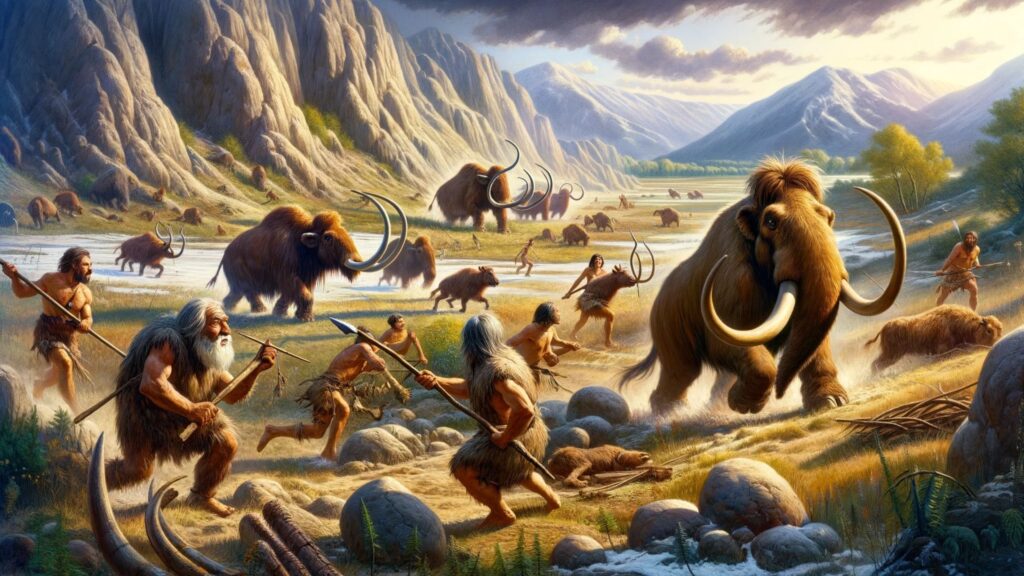
Well, take a look at evolutionary time. The dinosaurs ruled the earth for about 135 million years, and we’ve been around for a million years, so one versus 135.
The dinosaurs were extinct about 60 million years ago. And mammals, which had been happily evolving as tiny little creatures for 30 million years, then took over the planet.
And then, you know, dramatically radiated about 60 million years ago from these mammals to the “neocortex formation.”
So basically, the neocortex is the outer layer of our brain, compared to our “reptilian brain,” which we share the structure of with all of the dinosaurs.
They didn’t have that, and yet they ruled the planet. How many other planets still have mindless dinosaurs where strength was the only dimension leading their world?
Something weird annihilated the dinosaurs, and again, you could look at biblical things of god coming and wiping out his creatures to make room for the next ones.
Our “fat-driven” brain
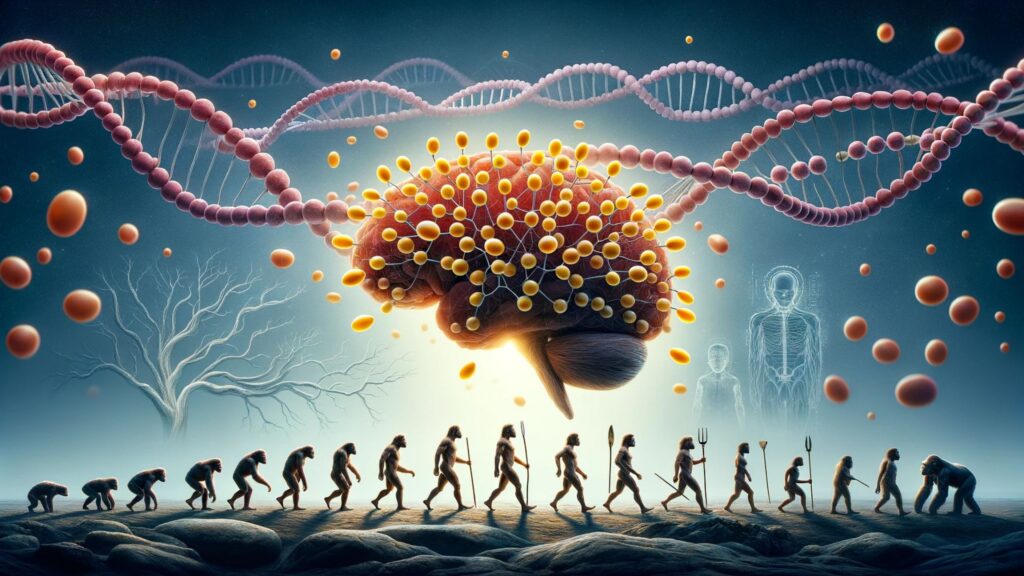
The mammals took over the planet and then grew the cognitive capability of our brains.
And primates push that to the extreme, and humans among primates have just exploded that brain.
But that brain is selected for survival, and it’s chosen for procreation.
It’s initially selected with this straightforward Darwinian view of the world of random mutation, ruthless selection, and then selection for making more of yourself.
So, suppose you look at human cognition. It’s gone down a weird evolutionary path in that we are expending enormous energy on this apparatus between our ears.
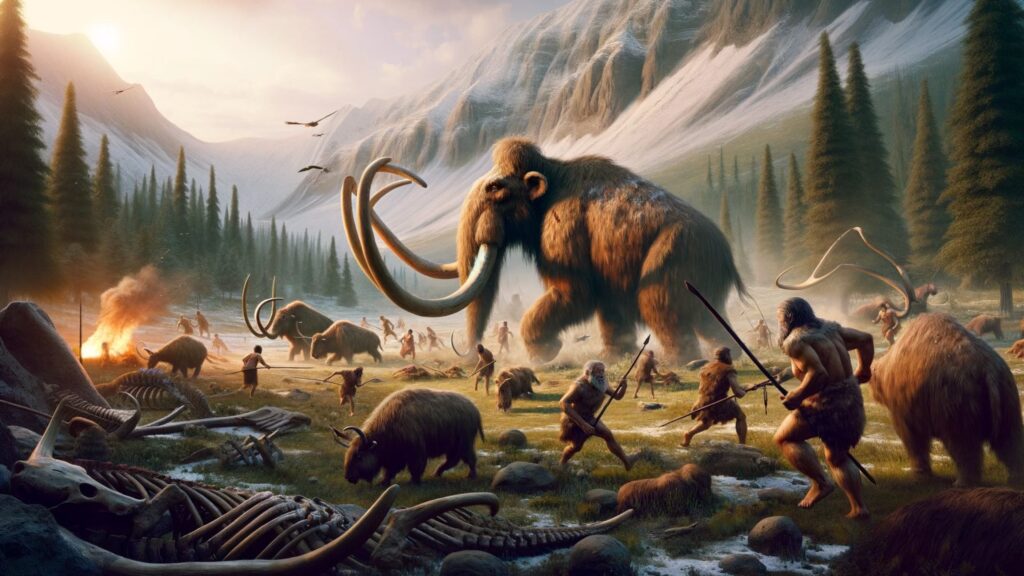
That is wasting 20 percent of our bodily energy. It is an enormous percentage of our calorie intake, and it goes to the function of our brain.
No other species makes that big of a commitment. That has taken energetic changes for efficiency on humanity’s metabolic side to power our brains.
And our brain is enormously more efficient than other brains. But also, despite this efficiency, it is enormously more energy-consuming.
This post may contain affiliate links, and as an Amazon Associate, I earn from qualifying purchases that help keep this content free. (Full disclosure).
Why is our brain so big?
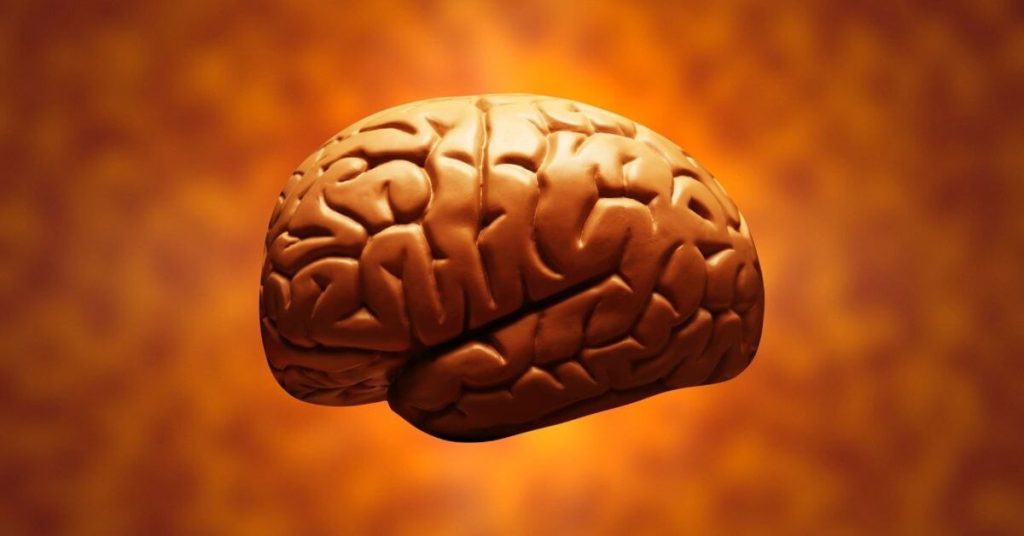
So, if you look at the human brain’s sheer folds, our skull could only grow so much before it could no longer go through the pelvic opening and kill the mother at every birth.
However, the folding continued effectively, creating much more capacity.
The evolutionary context in which this was made is enormously fascinating, and it has to do with other humans that we have now killed off or that have gone extinct.
And that has now created this weird place of humans as the only species with this enormous hardware.
So that can make us think that something peculiar and unique happened in human evolution that perhaps has not been recreated elsewhere.
However, we’re not as unique as we think because of this enormous diversity of other human-like forms.
And once you reach that stage, you have a neocortex-like explosion.
We’re now competing on intelligence, and we’re now competing on social structures, and we’re now competing on larger and larger groups and being able to coordinate.
The idea of “self-awareness.”
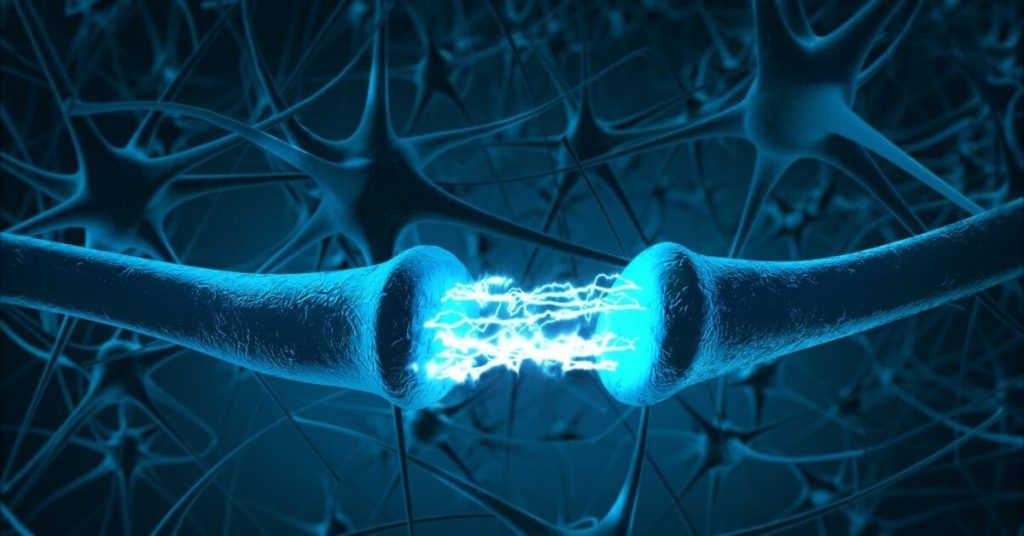
And they were able to have empathy, the concept of compassion, and the concept of ego.
The idea of a self of self-awareness probably comes from being able to project another person’s intentions.
To understand what they mean when you have these large cognitive and social groups.
So, being able to create a mental model of how you think may have come before, we were able to develop a personal mental model of how we feel.
So, this introspection probably came after this sort of projection. And this empathy, which means passion and pathos to suffering.
But sensing empathy means feeling what you’re feeling, trying to project your emotional state onto your cognitive apparatus (brain).
And I think that eventually led to this enormous cognitive explosion in humanity.
This led to humans’ need for energy to drive our brains. That made us into “fat-hunters.” Furthermore, this might partly explain why we need the proper human diet to function correctly.
Conclusion:
Our early human ancestors wielded rocks as they foraged on open grasslands.
After a predator had finished eating a big mammal, our early human ancestors explored the leftovers by smashing them and found the marrow hidden in the bones.
These bones sealed up the marrow like a container, preventing bacterial growth.
The only things that could break open these containers were the bone-cracking jaws of hyenas or an intelligent human ancestor wielding a rock.
This explains how the human ancestor may have garnered the extra calories needed to nourish a bigger brain, which could have mitigated bacteria’s problem in rotting, scavenged meat.
Were Humans Fat Hunters?
Speth, John D., a well-respected zoologist who wrote in a must-read book about hunting, “Big-Game Hunting,” in 2010. Early in his career, he concluded that, and I quote, “Fat, not protein, seemed to play a very prominent role in the hunters’ decision about what animal (male vs. female) to kill and which body parts to discard or take away.”
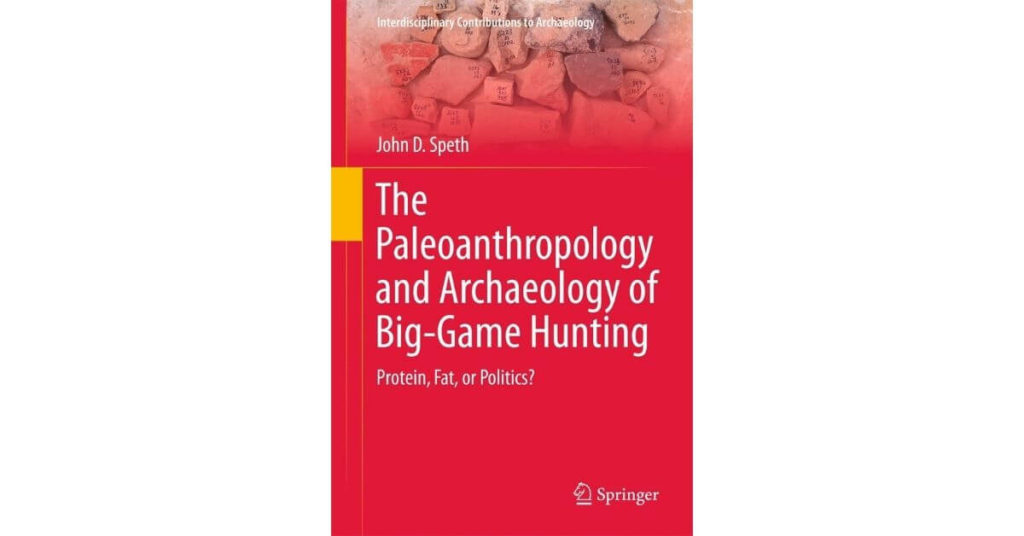
If you want to know the basics of the Proper Human Diet, including a 7-day meal plan, then head over to this post called; Proper Human Diet: A Beginner’s Guide.
FAQ
- Why does our brain need fat? The brain is a very energy-demanding organ. It takes up only two percent of our body weight but requires around twenty percent of the body’s energy, even at rest. This energy requirement is much higher than that of other primates. The article suggests that our ancestors’ craving for bone marrow, a fatty food, could have fueled the growth of our brain size.
- When did humans start eating fat? The article suggests that our ancestors likely began acquiring a taste for fat four million years ago. The reservoirs of fat in the bones of carcasses were a huge calorie package that could have given our ancestral population the advantage it needed to set off the chain of human evolution.
- Why is our brain so big? The human brain has many folds, which increases its capacity. This evolution is fascinating and has to do with other humans that we have now killed off or that have gone extinct.
- What is the “fat-driven” brain? The article talks about the “fat-driven” brain, which refers to the fact that our brain consumes a significant amount of our calorie intake. This is unique to humans and has required energetic changes for efficiency on humanity’s metabolic side to power our brains.
- What is the idea of “self-awareness”? The article discusses the concept of self-awareness, which probably comes from being able to project another person’s intentions. This ability to create a mental model of how others think may have come before we were able to create a personal mental model of how we think.
- Were humans fat hunters? The article cites zoologist John D. Speth, who concluded that fat, not protein, seemed to play a very prominent role in the hunters’ decision about what animal to kill and which body parts to discard or take away.
